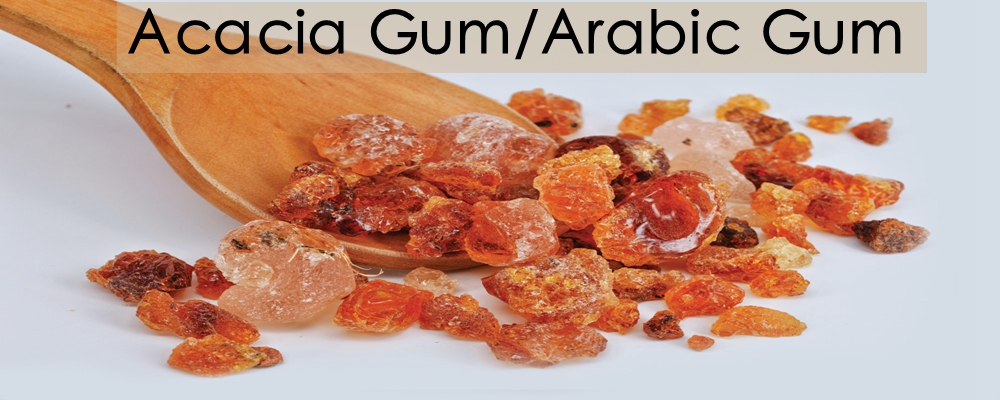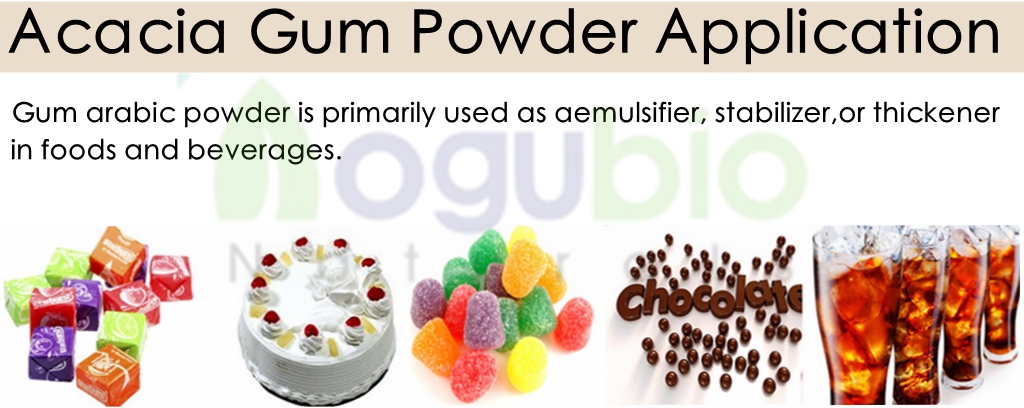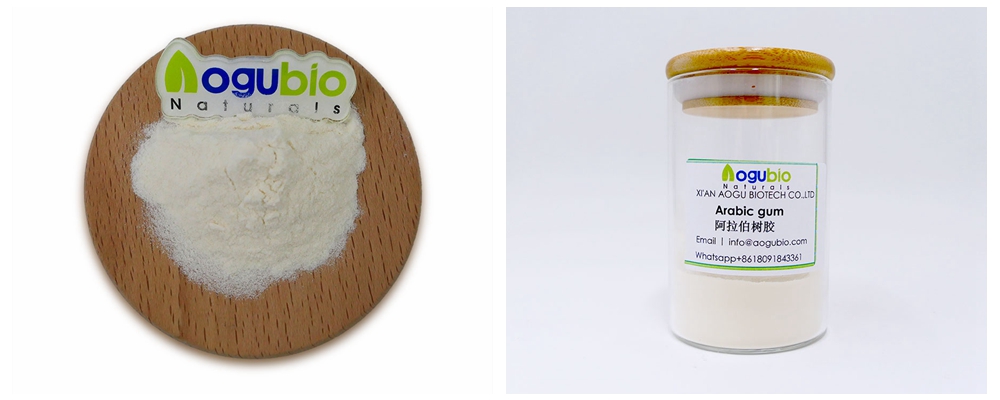
What is Acacia gum?
Acacia fiber, also known as gum arabic, is a dried gummy substance made from the sap of the Acacia tree, a plant indigenous to certain parts of Africa and Asia.
Food manufacturers use acacia fiber to thicken beverages and enhance flavor and texture in breakfast cereals. Because it’s rich in soluble fiber, acacia fiber is also added to food as a source of dietary fiber.
Acacia fiber is also sold as a dietary supplement said to offer a number of health benefits. Available in powdered form, the fiber supplement has a neutral taste and mixes well with drinks, smoothies, and soups.

What is gum arabic powder used for?
The most common use of gum arabic powder is in the production of soft drinks and in cooking and baking, specifically to stabilize the texture of products, increase the viscosity of liquids and help baked goods (such as cakes) rise.
Gum arabic is primarily used as an emulsifier, stabilizer, or thickener in foods and beverages. Emulsifiers help bind water and oil molecules, creating a smooth, homogeneous solution. Stabilizers help provide a smooth texture in a product, provide body and mouthfeel, and help keep nutrients and other components in the product from separating. Thickeners help increase the viscosity of a liquid product without altering other qualities.
Gum arabic is permitted in foods labeled organic in the United States. It may also be used in foods labeled as vegetarian, vegan, halal, and kosher.
Aogubio supply arabic gum powder. It’s off white to light yellow powder.

Gum Arabic Benefits:
Studies on both animals and humans suggest that benefits associated with gum arabic may include:
- Providing a source of prebiotics and soluble fiber.
- Feeding healthy bacteria (probiotics) in the gut.
- Helping enhance fullness and satiety.
- Helping with weight loss and potentially prevention of obesity.
- Treating IBS symptoms and constipation.
- Helping regulate cholesterol levels.
- Fighting insulin resistance, including in patients with type 2 diabetes.
- Reducing dental plaque on the gums and teeth, plus fighting gingivitis.
- Having anti-carcinogenic, anti-inflammatory and antioxidant effects, thanks to its tannins, flavonoids and resins.
- Helping reduce skin inflammation and redness.
Gum arabic is considered to be natural, edible and generally safe for human consumption. Research suggests that it’s non-toxic, especially when used in normal/moderate amounts, and tolerated by people with sensitivities to gluten. While gum is known to be indigestible to both humans and animals, it has been considered as a safe dietary fiber by the United States Food and Drug Administration since the 1970s.
Not only will using gum arabic help your baked goods, such as cakes to rise, but it will also add natural soluble fiber to recipes. Gum arabic is a natural prebiotic and source of soluble dietary fiber (a complex polysaccharide), which means that humans cannot digest its carbohydrates. This actually has benefits when it comes to gut health, digestion and even cardiovascular health due to how soluble fiber helps bind to cholesterol.
Post time: May-24-2023




